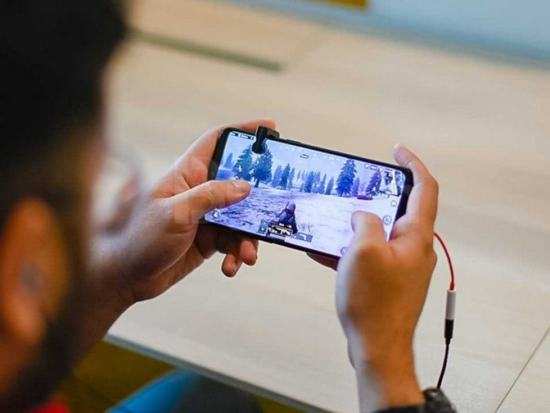Can't stop playing PUBG? WHO says it may be a disease
The World Health Organisation has labeled excessive gaming as a disorder. It announced this in its official release. The member states agreed to adopt the 11th revision of the International Statistical Classification of Diseases and Related Health Problems (ICD-11) which adds 'Gaming Disorder' to the section on addictive disorders.
Deesha Bondre | May 28, 2019, 18:03 IST
Our country is currently divided over the growing concerns and warnings about video game addictions. Many says, it could very well be a disease. A quarter of a billion-strong gaming community doesn’t agree. A staunch gamer will tell you that playing video games helps with critical thinking and decision making. But the World Health Organisation doesn’t agree. It has labeled excessive gaming as a disorder.
The WHO announced this in its official release. The member states agreed to adopt the 11th revision of the International Statistical Classification of Diseases and Related Health Problems (ICD-11) which adds 'Gaming Disorder' to the section on addictive disorders.
Gaming disorder is characterised by a pattern of persistent or recurrent gaming behaviour which may or may not be online. It is defined by WHO as manifested by impaired control over gaming, increased priority is given to gaming, continuation despite negative consequences. The revised ICD-11 will come into effect on 1 January 2022.
Several international gaming trade bodies have criticized the WHO decision as premature and called for more research. In a July 2018 study published in the Journal of Behavioural Addictions, researchers argued that moving from research construct to formal disorder requires a much stronger evidence base than what currently exists. Keeping such factors in mind and the effect of diagnostic classification and its wider societal impact, they had urged the WHO to postpone the formalization.
RELATED